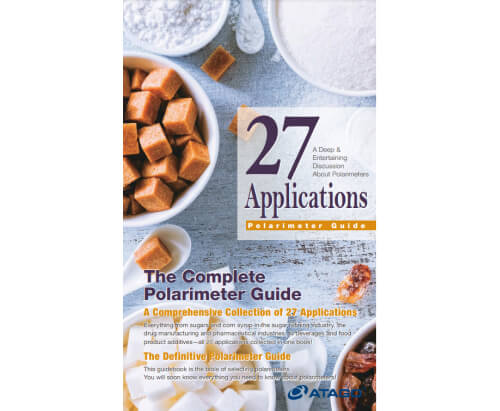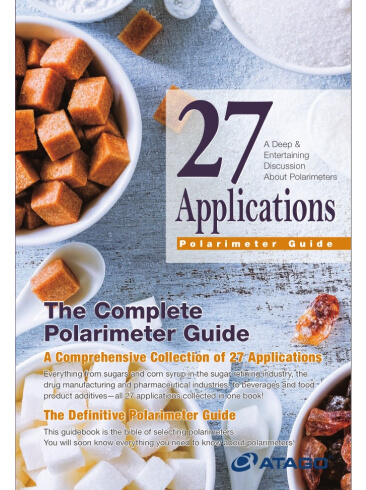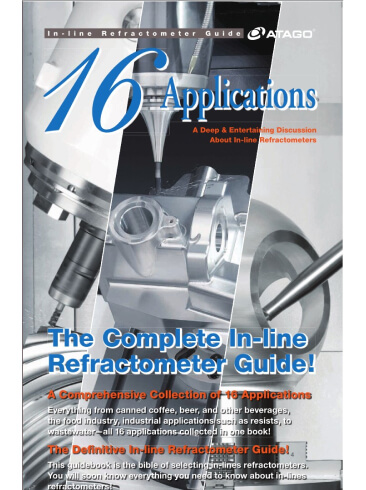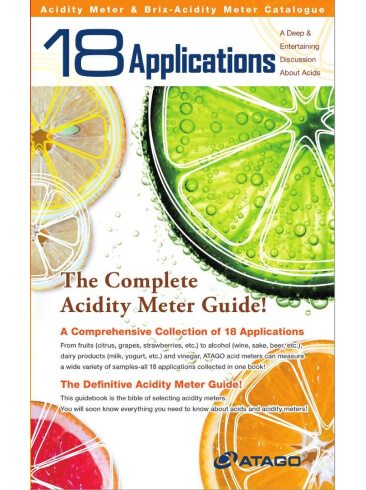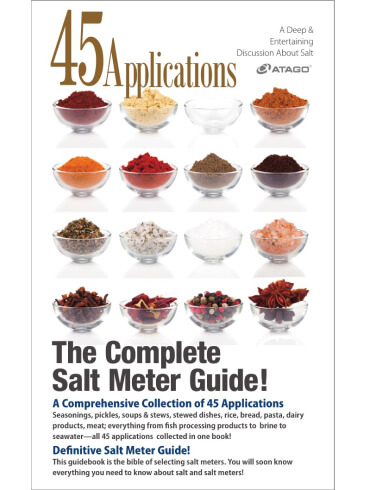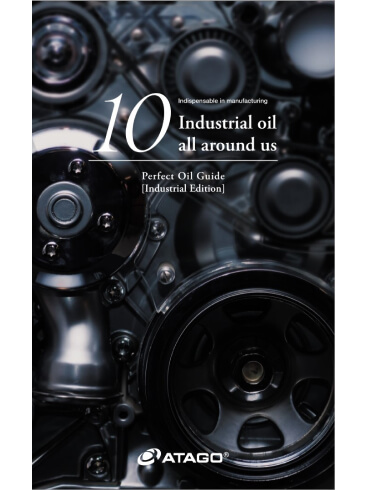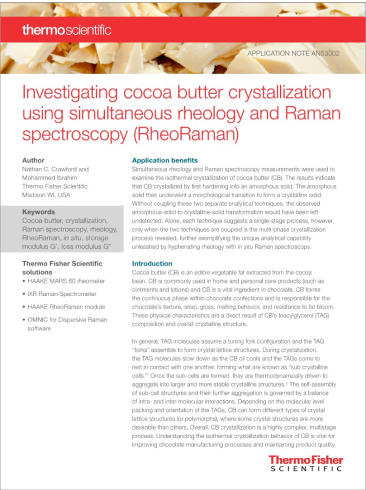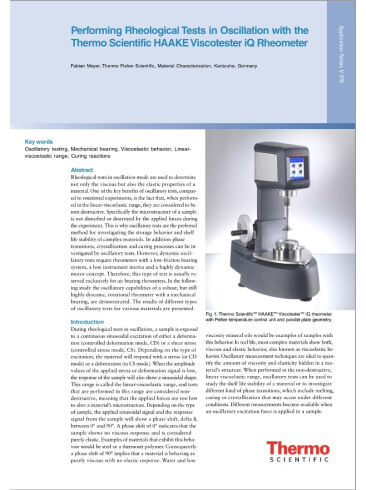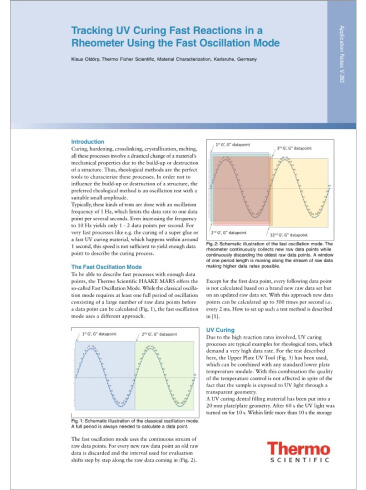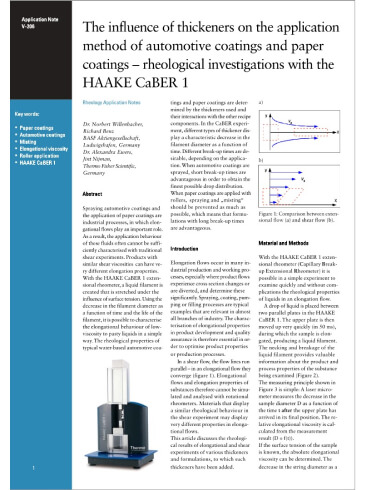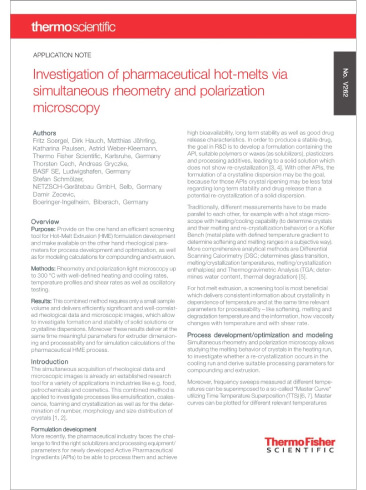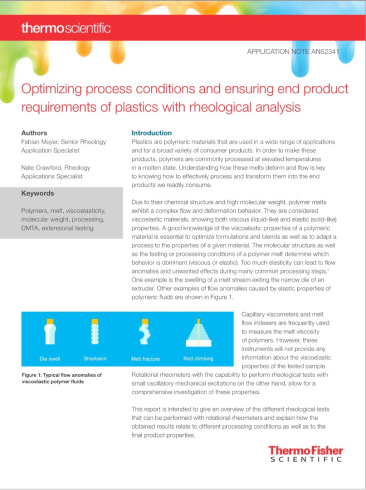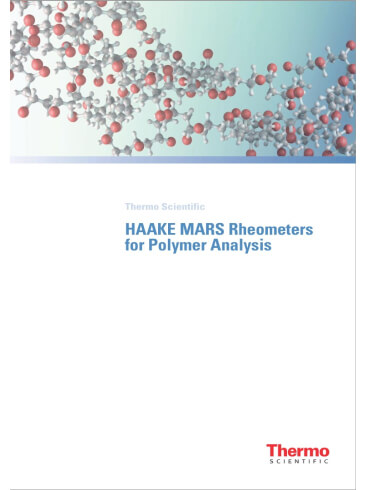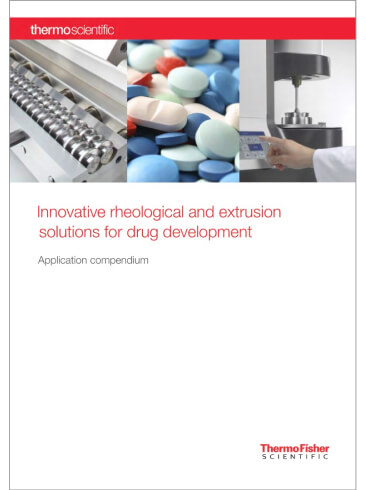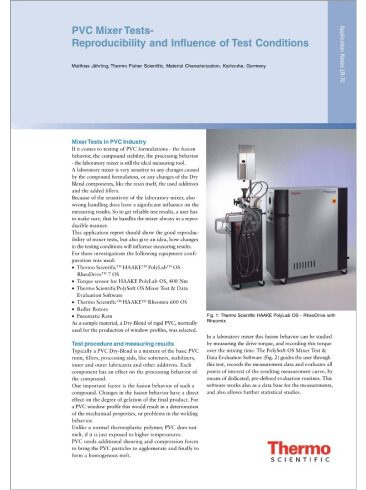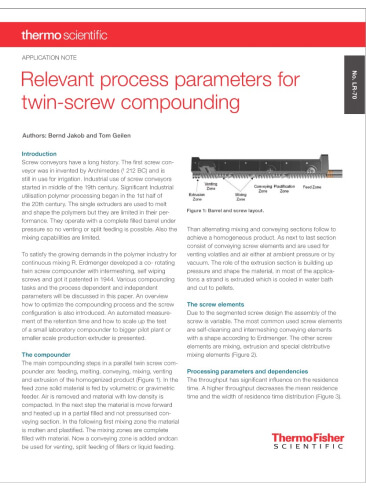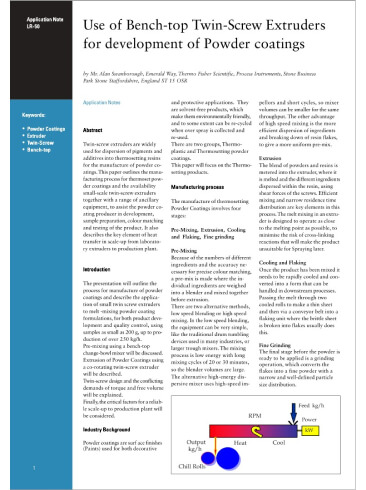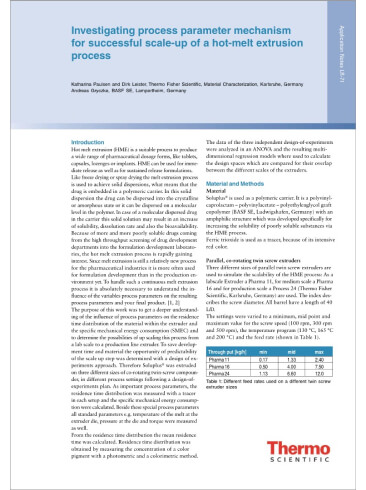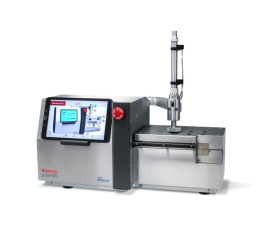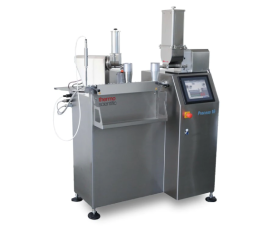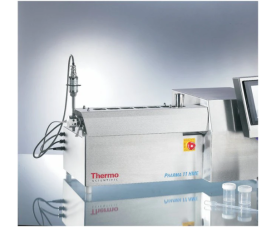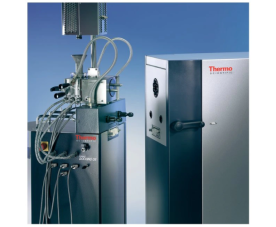Rheometers and viscometers are instruments designed to characterize various materials. Viscometers measure the viscosity and flow properties of liquids, while rheometers, their more sophisticated relatives, measure the way a fluid responds to applied shear or stress, potentially providing data on material structure and elasticity. These instruments find application in any field that requires the study of flow properties, such as:
- Food and beverage testing
- Chemical industry
- Paint and lubricant industry
- Materials science
- Pharmaceutical industry
- Oil industry, etc.
Polarimeters are used for measuring the angle of optical rotation of light. The angle at which the light rotates is measured as it passes through the substance. Polarimetry is a sensitive, nondestructive technique. It is largely used in the sugar refining industry for determining the type of sugar or to control their purity. Furthermore, it is employed in quality and process control as well as R&D in the pharmaceutical, chemical, essential oil, flavor and food industries.
Refractometers are used for measuring the refractive index, which is one of the characteristics of a substance. By determining the refractive index, one can obtain information about the concentration, density of the medium, content of impurities, and consequently the quality of the analyzed sample. Refractometers are widely used in research laboratories, as well as in R&D and quality control for the pharma, food, perfume and fragrances industries.
